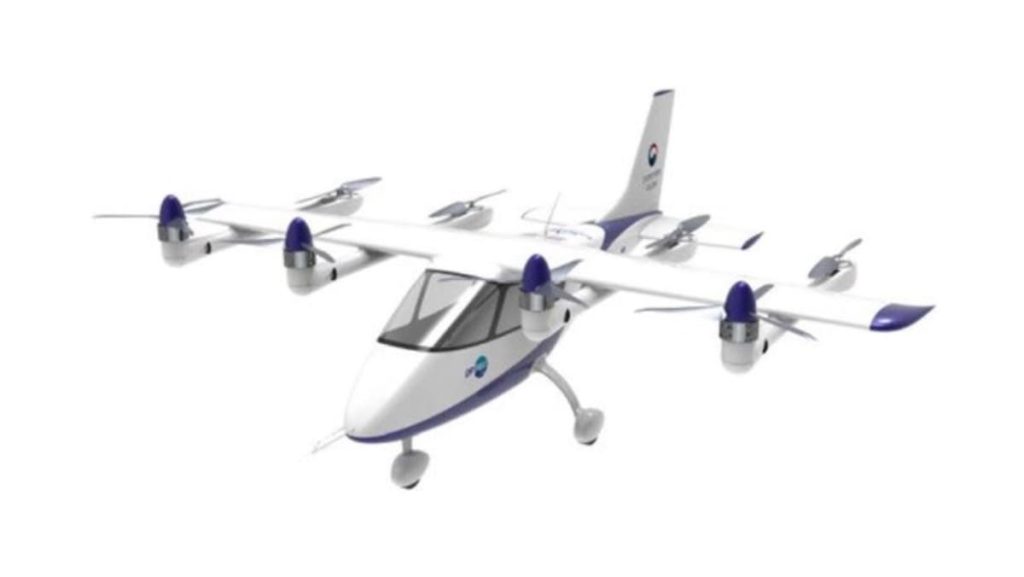Indonesia is set to test its first flying taxis in July for the country’s new capital city, Nusantara, with an anticipated showcase at Independence Day celebrations on Aug 17. The vehicle parts have arrived in Balikpapan in East Kalimantan, and the batteries in Jakarta, to be shipped to Samarinda for trials at the airport. These flying taxis, capable of carrying five people, are a collaboration between the Korea Aerospace Research Institute and Hyundai Motors Company. The aim is to develop an advanced air mobility ecosystem in Indonesia, with trials following similar initiatives in countries like the United Arab Emirates, Slovakia, and Japan.
The future plans for the flying taxis in Nusantara include having them flying over the city by 2045. After the trials, Hyundai is expected to work on developing a business model for the flying taxis through its subsidiary in the United States, Supernal. This subsidiary specializes in urban air mobility and will also focus on developing autonomous flight technology for the vehicles. The hope is that this collaboration will lead to a successful integration of flying taxis into the country’s transportation system, offering a unique and innovative mode of travel for the people of Nusantara.
The head of the Nusantara Capital City Authority, Mr Bambang Susantono, expressed excitement over the opportunity for people to experience flying cars, noting that this technology is still relatively uncommon around the world. The collaboration between Indonesia and Hyundai, supported by KARI, signals a significant step towards embracing technological advancements and modern transportation solutions. This project not only showcases Indonesia’s commitment to innovation but also positions the country alongside other pioneering nations in the field of urban air mobility.
The development of flying taxis in Indonesia is not only a means of transportation but also a symbol of progress and modernization. By working with established partners like Hyundai and KARI, Indonesia is able to tap into their expertise and resources to bring this futuristic vision to life. With plans to have the vehicles operational by 2045, Indonesia is setting ambitious goals for integrating flying taxis into its urban environment. This initiative not only demonstrates Indonesia’s readiness to adopt cutting-edge technologies but also showcases the country’s potential for becoming a leader in the field of advanced air mobility.
The collaboration between Indonesia, Hyundai, and KARI highlights the importance of international partnerships in driving technological innovation. By leveraging the expertise of these partners, Indonesia is able to accelerate the development of flying taxis and pave the way for a more sustainable and efficient transportation system. The trials scheduled for July mark an important milestone in the journey towards integrating flying taxis into Indonesia’s transportation infrastructure. With the potential to revolutionize urban mobility and enhance connectivity, flying taxis represent a significant leap forward in the country’s efforts to embrace the future of transportation.
In conclusion, the upcoming tests of flying taxis in Indonesia represent a significant step forward in the country’s efforts to embrace cutting-edge transportation solutions. With plans to showcase the technology at Independence Day celebrations and have the vehicles operational by 2045, Indonesia is demonstrating its commitment to innovation and progress. By collaborating with industry leaders like Hyundai and KARI, Indonesia is well-positioned to leverage their expertise and resources in developing advanced air mobility solutions. The potential for flying taxis to revolutionize urban transportation in Indonesia is promising, and these trials mark an exciting opportunity to explore the possibilities of this futuristic mode of travel.


